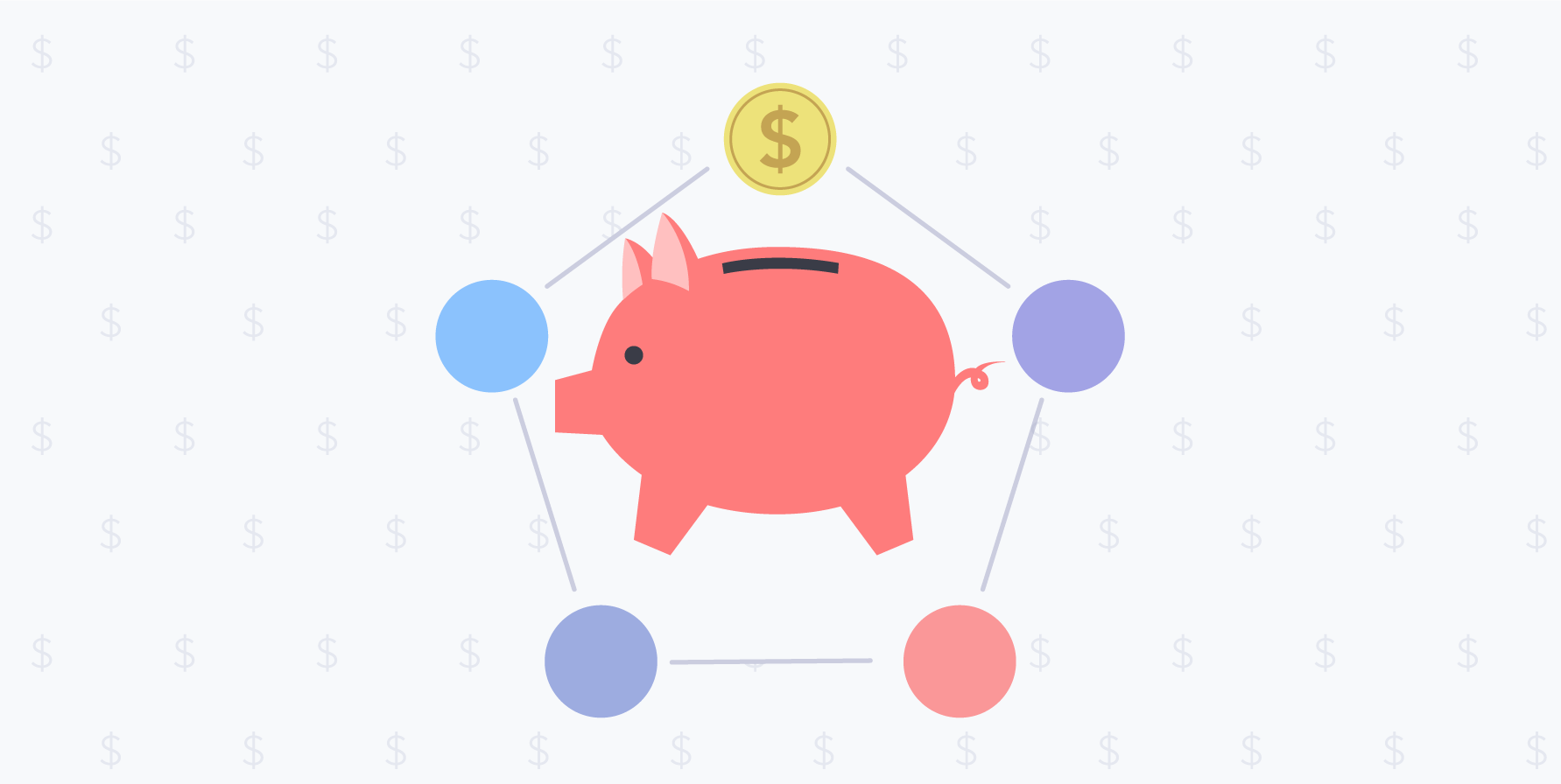While pundits argue whether the worst days of inflation are behind us or a grim recession is looming, the average U.S. consumer must still manage their bills and make sure they close out the books each month in the black.
With that in mind, here are five strategies you can deploy immediately to help you weather tomorrow’s economic uncertainty:
1. Be Empowered by a Budget
As household expenses escalate, it’s imperative for consumers to know exactly where they stand financially and where their money is going. The first step in that process is to review the household budget.
(What? You don’t have a budget? Make one. Right now.)
Despite how dreary the task of creating a budget might sound, it is time to turn that narrative around. Planning a budget is empowering. It puts consumers in the driver’s seat, giving them full visibility into where their money goes — and when. Budgeting lets them decide how much is allocated towards groceries, gas or good times. It also allows them to determine the timetable for their bills.
2. Bank on Savings
Once liberated by a proper budget, it’s easier to get creative and figure out ways to save. Start with these basic maneuvers:
- Look for deals. Everywhere. When shopping, look for sales items, hit the clearance tables and if it is in your budget, stock up on markdowns in advance.
- Rediscover your kitchen. Eating at home and meal planning are easy ways to cut back on expenses. Creating a meal plan can be as empowering as building a budget, enabling people to plan for not only cost-effective meals but healthier ones too.
- Save on transportation. Taking public transit or carpooling not only cuts costs but also helps the planet.
- Take an interest in your debt. Consumers should consult with a trusted financial advisor or a bank representative to explore ways to minimize fees and the interest rates attached to their personal debt.
- Refi your mortgage. Yes, interest rates are climbing, but if relocating isn’t in the cards anytime soon, consumers should also find out if refinancing makes sense.
- Eliminate unnecessary subscriptions. Review all your services that hit credit cards each month and evaluate if they are unnecessary.
3. Mitigate Fees and Penalties
Saving money is always great, but not at the expense of an overdraft charge. Research shows the average overdraft fee last year was $33.58, which, according to the Consumer Federal Protection Bureau, can translate into as much as $380 a year for the average consumer.
To help avoid these fees, consumers must vigilantly monitor their accounts to ensure there is enough cash to cover upcoming bills. Increasingly, many consumers are turning to apps (like Prism) to help them set up alerts when bills are due or if balances drop.
(Others, meanwhile, can seek out financial institutions (FIs) powered by BillGO’s bill pay technology.)
Read more about How to Avoid Paying Costly Banking Fees.
4. Boost Your Income
One effective way to ensure there is enough money to pay for today’s rising costs is to increase the amount of money earned. We get it: easier said than done, but despite all the downbeat economic news now crowding the airwaves, the current U.S. job market remains strong. So, for those frustrated by their current income, now may be a suitable time to polish up the CV and consider looking elsewhere.
Too disruptive? Then maybe a side hustle might help offset rising costs. The digital economy has opened an array of possibilities to make money on the side by monetizing your means of transportation, skillsets, real estate or real-world know-how. One recent study determined one-in-three Americans currently have side gigs to make extra cash.
5. Pause Major Purchases
Now may not be the best time to make a large purchase like a new home or automobile because not only does it mean committing to long-term payments, but — more importantly — interest rates are at historic highs. And many economists believe rates will continue to climb. This translates into consumers wielding less buying power while price tags on big-ticket items go up. In other words, if your housing or mode of transportation works for you right now, the status quo may be the best recipe considering the current economy.
Bottom Line
Rising inflation brings with it increasing stress, and stress clouds thinking. However, keeping a cool head, thinking through purchases, and staying on budget can go a long way into easing economic anxiety.

